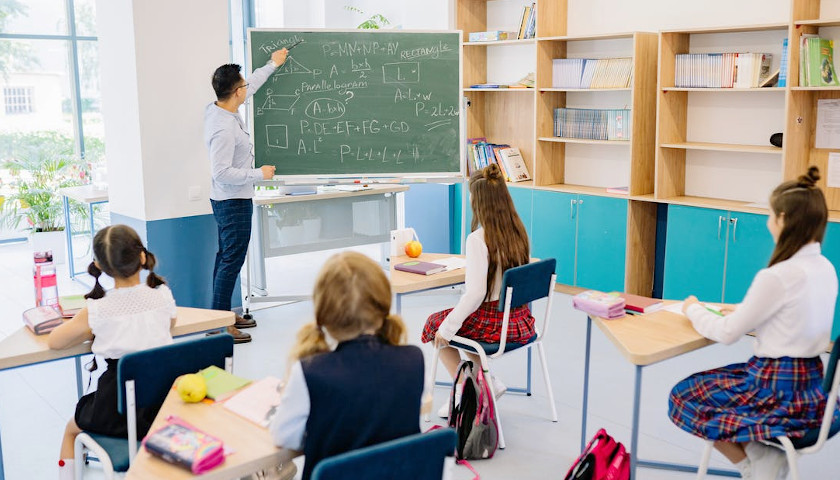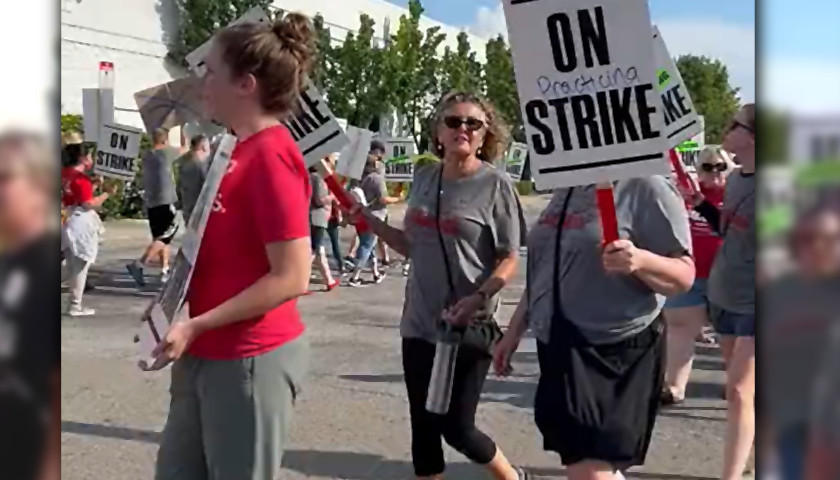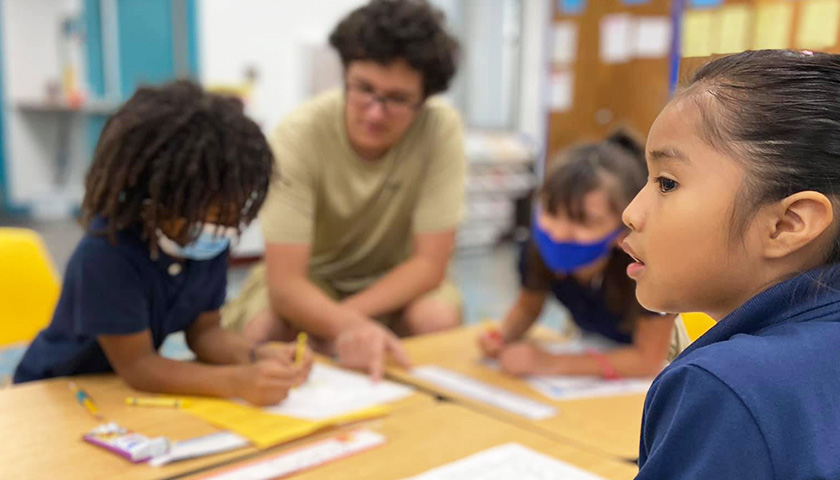A lawmaker is urging his colleagues to back a bill he is sponsoring to ensure Pennsylvania parents get notified when sexually explicit content is distributed in their children’s K-12 schools.
State Representative Russ Diamond (R-Jonestown) announced he will introduce a companion bill to a Senate measure authored by Senator Ryan Aument (R-Lititz). The legislation would mandate that schools note sexually explicit texts and other media assigned or displayed as part of students’ coursework. The bill would further instruct schools to tell parents when a book their child accesses from their school library features sexually frank content.
Read More












